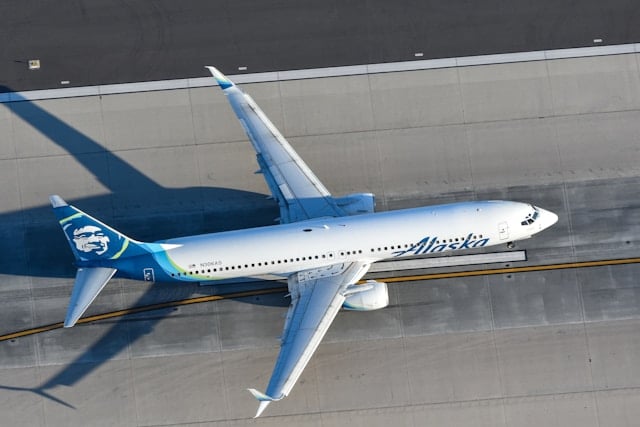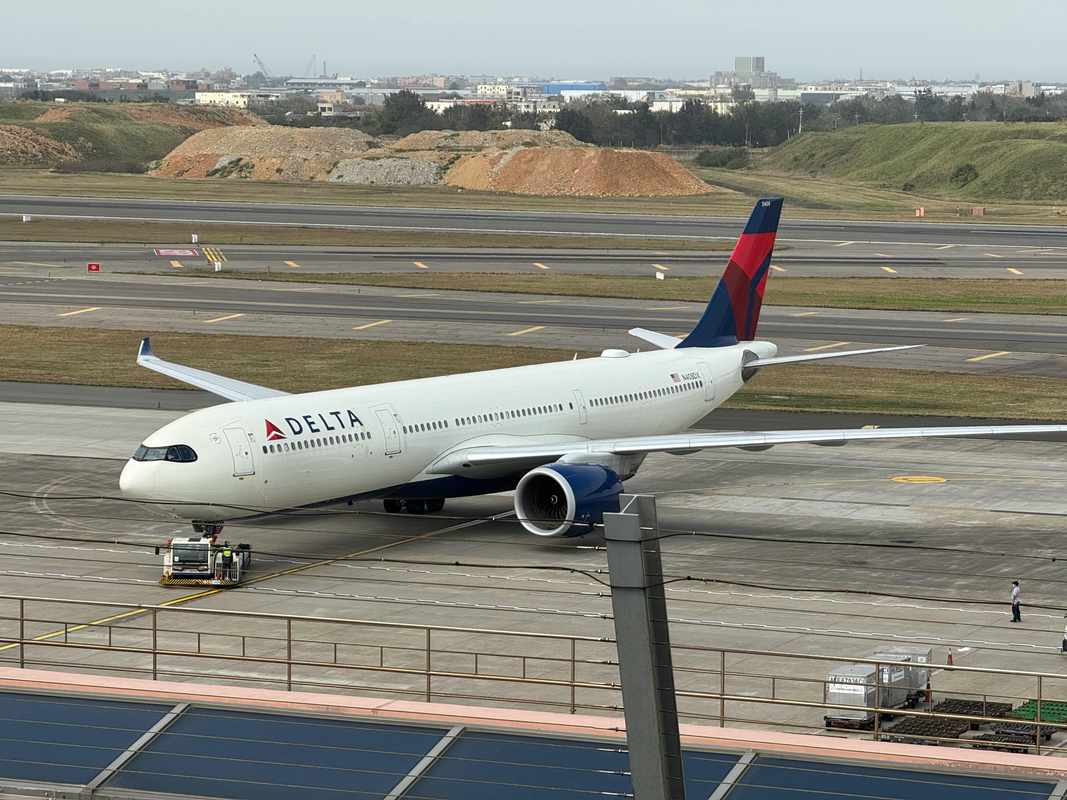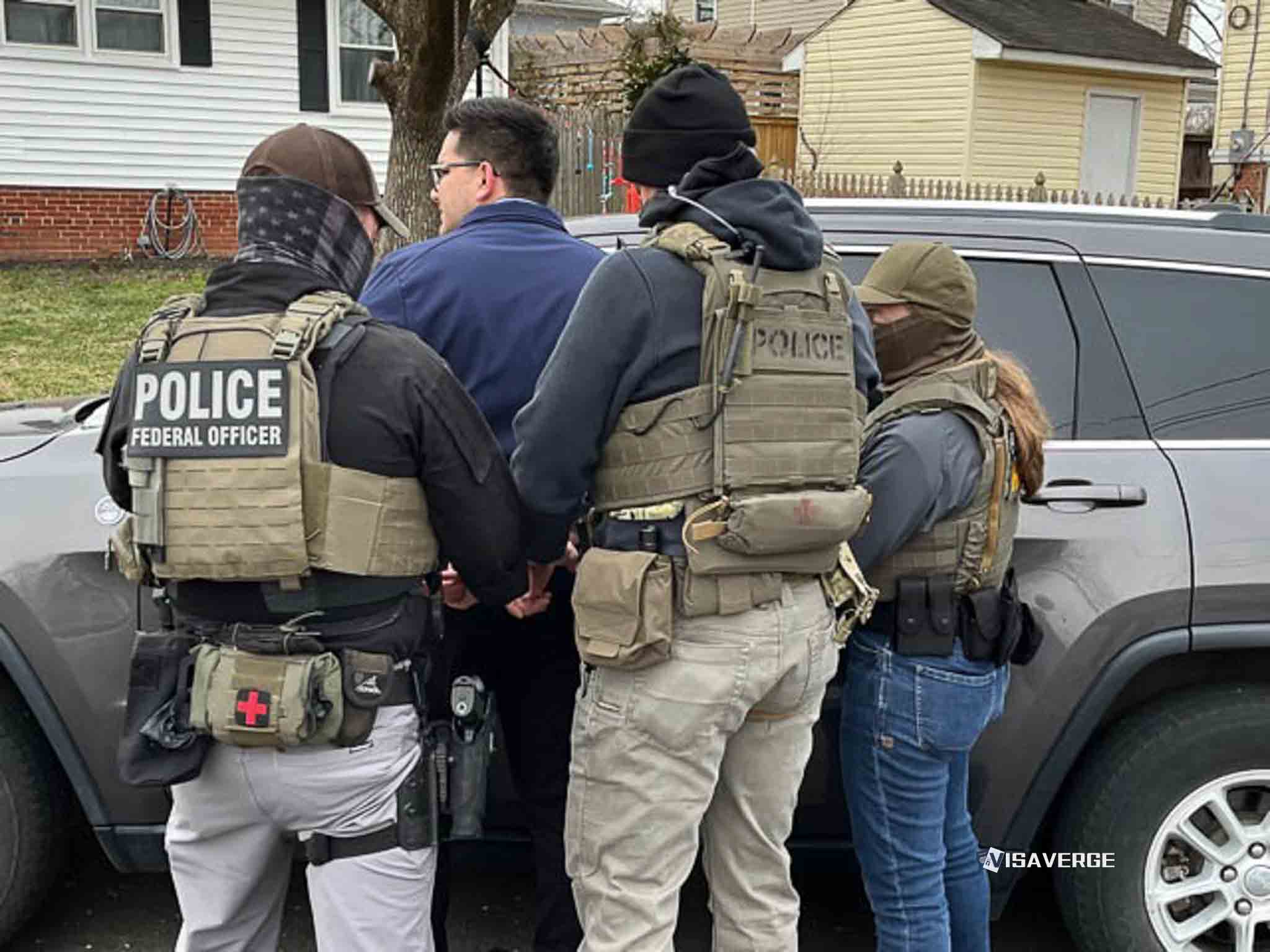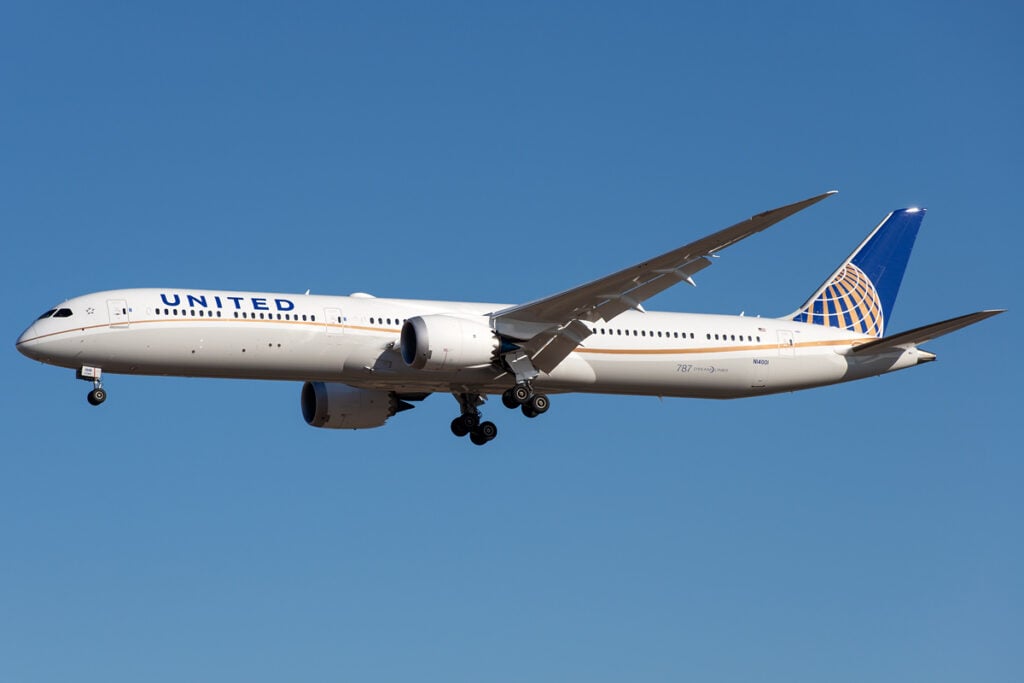(Washington, D.C.) President Donald Trump pledged on November 27, 2025 to “permanently pause” migration from all “Third World Countries” after a National Guard soldier was shot dead and another critically wounded in what authorities called a deliberate ambush near the White House.
Trump’s announcement came one day after U.S. Army Specialist Sarah Beckstrom, a 20-year-old member of the West Virginia Army National Guard, was killed and U.S. Air Force Staff Sergeant Andrew Wolfe, 24, was left “fighting for his life” following a broad-daylight attack near the Farragut Square Metro Station in downtown Washington, D.C., at approximately 2:15 p.m. on November 26.

The attack, which occurred just blocks from the White House and during the Thanksgiving holiday week, immediately triggered a sharp escalation in the administration’s immigration rhetoric and a rapid expansion of the National Guard presence in the capital. Trump framed the shooting as part of a broader breakdown linked to migration, using it to justify sweeping new restrictions aimed at millions of foreign nationals living in the United States.
Specialist Beckstrom, of Webster Springs, West Virginia, was assigned to the 863rd Military Police Company, 111th Engineer Brigade, West Virginia Army National Guard. She entered service on June 26, 2023, and was a 2023 graduate of Webster County High School. During a Thanksgiving phone call with military members, Trump announced her death and described her as “a highly respected, young, magnificent person” who was “looking down at us right now.”
Staff Sergeant Wolfe, of Martinsburg, West Virginia, serves with the Force Support Squadron, 167th Airlift Wing, West Virginia Air National Guard. He entered service on February 5, 2019, and had earned numerous service medals. Officials said he remained in critical condition after the shooting and was “fighting for his life.”
Authorities identified the suspect as Rahmanullah Lakanwal, who they say drove across the country from Washington state to carry out the ambush. Prosecutors allege he targeted the two uniformed Guard members as part of a planned attack rather than a random street crime. Lakanwal was charged with three counts of assault with the intent to kill while armed and criminal possession of a weapon, with potential first-degree murder charges pending depending on the conditions of the victims.
U.S. Attorney for the District of Columbia Jeanine Pirro said Lakanwal entered the country under President Joe Biden’s Operation Allies Welcome, the program created after the U.S. withdrawal from Afghanistan to bring Afghan partners and their families to safety in the United States. CIA Director John Ratcliffe confirmed that the suspect had worked with an agency-backed paramilitary unit during the U.S. war in Afghanistan, underlining the complex legacy of America’s two-decade military presence there and the risks associated with vetting former partners.
Trump seized on those details to tie the attack directly to Biden-era migration decisions and to launch his broadest push yet to reshape U.S. immigration policy. In a lengthy statement on Truth Social, he said he would move to permanently halt the entry of migrants from what he called “Third World Countries,” arguing that doing so was necessary to allow the U.S. system to “fully recover.”
“He pledged to ‘permanently pause migration from all ‘Third World Countries””
He pledged to “permanently pause migration from all ‘Third World Countries'” and claimed that the current scale and origins of migration were undermining American society. Trump also vowed to “end all federal benefits and subsidies to ‘noncitizens'”, promising to cut off public support that he argued was overburdening taxpayers.
“In one of his most sweeping declarations, he said he would ‘denaturalize migrants who undermine domestic tranquility,’ suggesting that even naturalized U.S. citizens could lose their status if deemed a threat to internal order.”
He further said his administration would “deport any foreign national who is a public charge, security risk, or ‘non-compatible with Western civilization'”, directly linking deportation policy to his view of cultural and security threats.
Trump painted a stark picture of the impact of immigration on the United States, making the shooting part of a broader narrative about social and economic strain.
“Out of the 53 million official foreign nationals in the U.S., the majority come from failed states, and American citizens’ substantial financial support is being used to sustain their and their children’s livelihoods. Immigration has become a primary cause of dysfunction in our society, leading to high crime rates, housing shortages, and massive debt,”
The White House, amplifying the message, described Trump’s post as “the most important message the president has issued to date.” That framing signaled that the administration sees the combination of a deadly attack on National Guard members and the Afghans’ entry route under Operation Allies Welcome as a central argument for its promised immigration overhaul.
The president’s language marks a hardening of his long-standing stance on migration into an explicit pledge to permanently pause movement from entire regions he labels as “Third World Countries.” While his previous terms in office featured travel bans and strict asylum rules, this time he is tying a total halt in migration from broad swathes of the globe to a single, high-profile crime in the heart of the capital.
Trump’s comments also highlight his continued effort to connect immigration to public safety, crime, and economic pressure, even as many of those arriving under programs like Operation Allies Welcome were previously vetted as U.S. partners. His critics are likely to challenge any attempt to denaturalize migrants or end benefits to noncitizens as unlawful or discriminatory, but those responses were not detailed in his initial statement.
Alongside the promised immigration clampdown, the administration moved quickly to increase the security footprint in Washington. Defense Secretary Pete Hegseth announced that Trump had requested an additional 500 National Guardsmen be deployed to the capital following the shooting. That surge would bring the total National Guard presence in Washington, D.C., to approximately 2,688 personnel.
According to Hegseth, there were already 2,188 Guard members assigned to the city as part of Trump’s federal takeover of Washington in August 2025, a move that put local security more directly under federal control. The new deployment, he indicated, is intended to reassure residents and deter any further attacks on uniformed personnel after the killing of Beckstrom and the wounding of Wolfe.
For the West Virginia communities that sent their young soldiers to the capital, the fallout from the attack is intensely personal. Beckstrom, barely two years out of high school, had enlisted on June 26, 2023, and was serving in a military police company that is part of the 111th Engineer Brigade. Wolfe, a decorated airman who joined the Air Force in 2019, remains in a hospital bed as his fellow Guard members continue to patrol a city now bristling with additional troops.
The alleged journey of Lakanwal, driving from Washington state across the country to strike two National Guard members near the Farragut Square Metro Station, underscores the sense of vulnerability among service members assigned to domestic duty. The location — a busy downtown transit hub just a short walk from the White House and offices that anchor federal Washington — has made the case a symbolic flashpoint for Trump’s argument that foreign nationals from conflict zones pose an internal threat.
The administration has not yet detailed the legal steps it will pursue to implement a plan to permanently pause migration from “Third World Countries,” nor has it specified which nations would be included or how existing visa holders, asylum seekers, or green card applicants would be treated. Constitutional questions loom over any effort to “denaturalize migrants who undermine domestic tranquility,” and civil rights groups are expected to challenge broad attempts to strip people of citizenship or cut off federal support solely on the basis of immigration status.
Programs such as Operation Allies Welcome, overseen by agencies including the U.S. Department of Homeland Security, were originally framed as a promise to Afghans who had worked alongside U.S. forces that they would not be abandoned after the military withdrawal. With Jeanine Pirro confirming that Lakanwal arrived in the United States under that program, and John Ratcliffe stating that he had worked with a CIA-backed paramilitary unit, the case is likely to fuel a fierce debate over how the U.S. screens and monitors those it has pledged to protect.
As the legal process against Lakanwal unfolds and possible first-degree murder charges are weighed, Trump’s response has already set the stage for another polarizing battle over who is allowed to enter and remain in the United States, and on what terms. The killing of a young specialist from Webster Springs and the critical wounding of a staff sergeant from Martinsburg have become touchstones in a wider push to redefine migration from “Third World Countries” as a security emergency — and to justify both a larger National Guard presence on American streets and some of the most far-reaching immigration proposals yet floated by his administration.
After a fatal ambush near the White House that killed a West Virginia National Guard specialist and critically wounded another, President Trump pledged on Nov. 27, 2025, to permanently pause migration from “Third World Countries.” Authorities identified suspect Rahmanullah Lakanwal, who entered via Operation Allies Welcome, and charged him with multiple assault counts. The administration requested 500 additional National Guard members, raising Washington’s total to about 2,688, while proposing sweeping immigration restrictions and benefit cuts for noncitizens.













